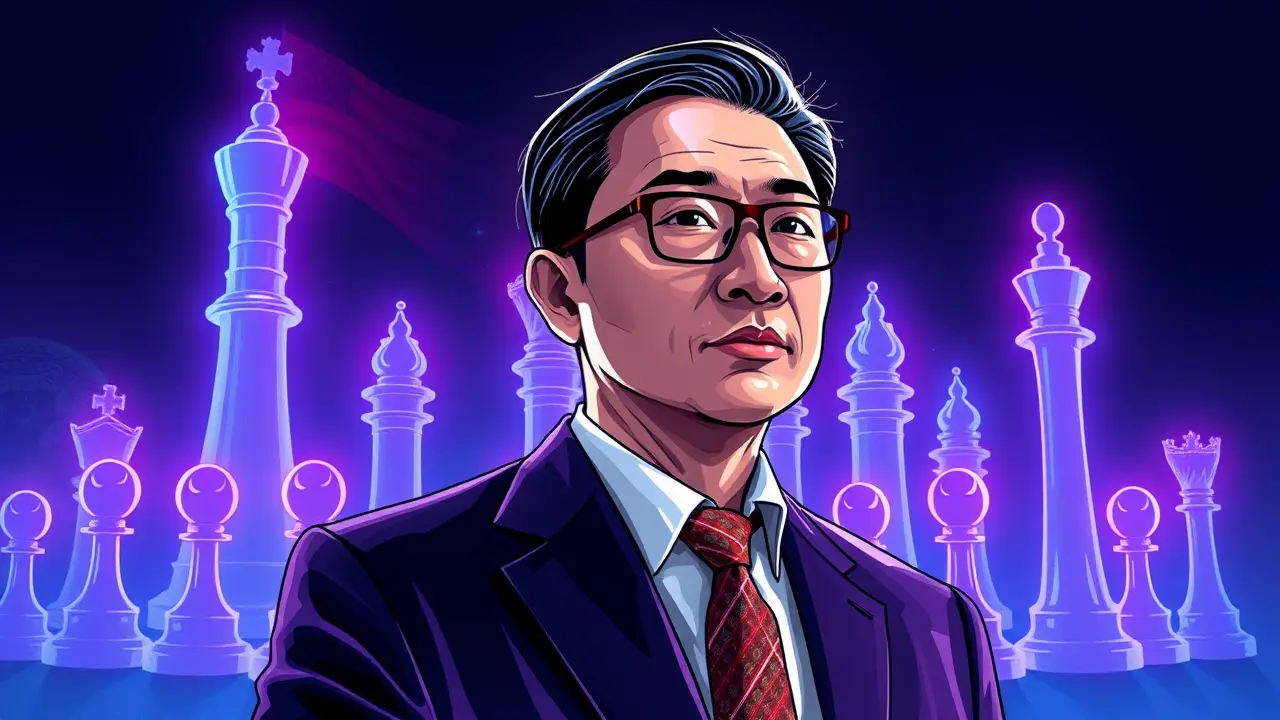California Man Pleads Guilty to Acting as Chinese Agent
In a stunning revelation that reads like a political thriller script, California operative Sun Yaoning, known locally as Mike Sun, has cut a deal with federal prosecutors, agreeing to plead guilty to operating as an unregistered agent for the Chinese government right in the heart of Southern California's political arena. This isn't just a routine case; it's a masterclass in political infiltration, where Sun leveraged his position as a campaign adviser to a local politician—a role that granted him intimate access to the levers of community influence and the personal networks of elected officials.The plea agreement, signed earlier this month by Sun, his attorney, and a federal prosecutor and now sitting in online court records, sets the stage for a dramatic Monday appearance in a Los Angeles courtroom, where the formal plea will be entered, potentially closing a chapter on an investigation that underscores the new front lines of geopolitical competition. Think of it as a local campaign war room, but with a shadow director in Beijing pulling strings, a scenario that should send chills through every political strategist from Sacramento to San Diego.This case isn't an isolated incident; it fits a well-documented pattern of Beijing's 'United Front' strategy, which aims to co-opt and influence diaspora communities and local political structures abroad, a tactic that has seen similar prosecutions in New York, Texas, and even Canada, where individuals have been charged with acting as covert operatives. The implications are profound: when a campaign adviser, someone privy to strategy sessions, donor lists, and policy discussions, is simultaneously reporting to a foreign power, it represents a direct assault on the integrity of our electoral process, blurring the lines between local politics and international espionage.What did Sun provide? While the plea deal specifics are still under wraps, historical precedents in similar cases suggest everything from intelligence on community leaders and political vulnerabilities to attempts to steer policy positions favorable to Beijing's interests, all while operating under the radar without the mandatory registration with the Justice Department under the Foreign Agents Registration Act (FARA). The strategic calculus for China is clear—influence at the municipal and state level can be just as valuable, if not more so, than at the federal level, especially on issues like technology transfer, academic research, and economic policy that are often decided closer to home.For the local politician who employed Sun, the fallout is a communications nightmare, a crisis that demands immediate damage control and transparency to reassure constituents that their campaign was not compromised, a scenario that political opponents will undoubtedly weaponize in the next election cycle. From a legal standpoint, this plea likely signals that prosecutors have compiled a formidable body of evidence—perhaps intercepted communications, financial records, or testimony from cooperating witnesses—making a trial a high-risk gamble for the defense.The consequences for Sun could range from significant prison time to deportation, but the broader message to other potential operatives is stark: the FBI and Department of Justice are actively monitoring these influence networks, and the net is tightening. In the grand chessboard of U.S. -China relations, this case is another move, highlighting an enduring and escalating campaign of political warfare that operates in the shadows of our democratic institutions, a silent battle where campaign volunteers and community leaders can become unwitting—or witting—pawns in a much larger global conflict.
It’s quiet here...Start the conversation by leaving the first comment.
© 2025 Outpoll Service LTD. All rights reserved.
